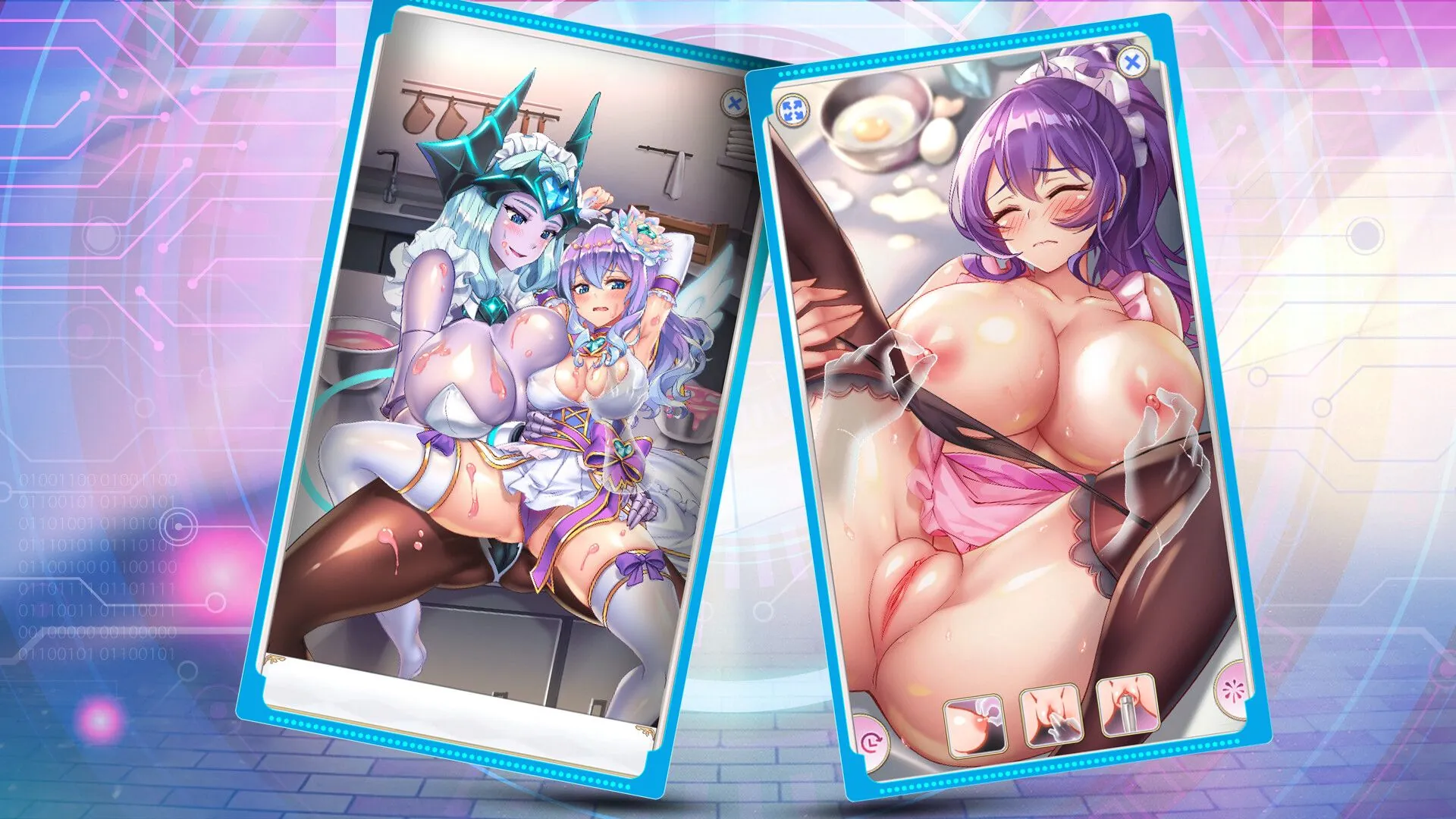
Lilith’s Longing
Play Lilith’s Longing
Lilith’s Longing review
Exploring Narrative Depth in Modern Character-Focused Titles
While many mature-themed games prioritize shock value, Lilith’s Longing stands apart with its emphasis on emotional storytelling and player agency. This narrative-driven experience combines complex relationship dynamics with meaningful choice systems, creating a thought-provoking journey through its protagonist’s personal growth. Let’s examine what makes this title resonate with players seeking substance alongside its mature themes.
Character Arcs and Interactive Storytelling
Protagonist Development Through Player Choices
Let’s talk about Lilith’s Longing character development—the kind that makes you forget you’re holding a controller. 🎮 Imagine shaping a protagonist’s personality, ethics, and even their scars through every dialogue choice and action. That’s Lilith’s story in a nutshell. You’re not just guiding her; you’re rewiring her soul.
Here’s the kicker: the game doesn’t just track “good” or “bad” decisions. Instead, it weaves a web of narrative branching paths that reflect Lilith’s internal conflicts. For example, during a pivotal scene where she confronts her estranged mother, choosing to walk away doesn’t just lock you out of future interactions—it alters how Lilith processes vulnerability for the rest of the game. 😮 I once played this moment with cold detachment, only to realize later that Lilith’s journal entries grew increasingly bitter. Turns out, my “logical” choice had turned her into a guarded cynic.
Pro Tip: Pay attention to Lilith’s journal updates after major decisions. They’re golden nuggets for understanding how your choices reshape her worldview.
The game’s player choice consequences are brutal in their honesty. One playthrough, I prioritized protecting Abby (Lilith’s fiery best friend) over investigating a cult’s secrets. Big mistake. By the finale, Lilith’s ignorance about the cult’s leader led to a heartbreaking betrayal. 💔 The game doesn’t hand-hold—it lets you stumble into disasters, making victories feel earned and failures deeply personal.
| Major Plot Branch | Key Decision | Emotional Outcome |
|---|---|---|
| Rebellion Path | Sabotage the cult’s ritual | Lilith becomes defiant but isolated |
| Redemption Path | Forgive a key antagonist | Lilith finds peace but loses allies |
| Sacrifice Path | Trade Lilith’s memories for safety | Bittersweet closure with unresolved trauma |
With an average playthrough lasting 18–22 hours, roughly 40% of dialogue choices directly influence which of the nine endings you unlock. And yes, replaying to fix your mistakes is basically mandatory. 🙃
Relationship Systems That Impact Narrative Outcomes
If you’ve ever wanted friendships in games to matter beyond fetch quests, Lilith’s Longing delivers. The relationship dynamics gameplay here isn’t about grinding affinity points—it’s about navigating messy, human connections. Take Abby and Becca: one’s a loyal skeptic, the other a morally gray informant. How you handle their clashes doesn’t just alter cutscenes; it reshapes Lilith’s support system.
During my first run, I tried to play peacekeeper between Abby and Becca. Bad call. 🚨 By avoiding confrontation, I accidentally let their mutual distrust fester. When Lilith faced a crisis later, they were too divided to help effectively. The game’s genius? It rewards conflict. In another playthrough, I let Abby rage at Becca’s shady past, which oddly strengthened their bond through raw honesty.
Here’s what makes these narrative branching paths tick:
– Dialogue isn’t transactional. Complimenting Becca’s hacking skills won’t magically make her loyal.
– Silence has weight. Skipping tough conversations can erode trust.
– Relationships evolve off-screen. Characters react to choices you forgot you made.
The most gut-punch moment? When I prioritized investigating the cult over comforting Abby after a loss. Later, she admitted she’d considered leaving town—and Lilith’s absence was the final straw. 😢 The game tracks player choice consequences like a vengeful god, ensuring every ignored text or rushed conversation haunts you.
Balancing Mature Themes With Emotional Depth
Let’s get real: mature theme implementation in games often feels like taking a tank to kill a fly. 🐘🔫 But Lilith’s Longing treats heavy topics—addiction, systemic oppression, queer identity—with gloves off, not kid gloves. It’s raw, but never exploitative.
Take Lilith’s struggle with self-harm. The game doesn’t sensationalize it; instead, it ties her relapses to player choice consequences. Push her too hard during high-stress moments, and she might retreat to old coping mechanisms. But here’s the twist: recovery isn’t linear. Even if you guide her toward healthier habits, a poorly timed betrayal can trigger a setback. It’s messy, realistic, and brave.
The writing shines brightest when blending darkness with hope. In one subplot, Lilith helps a sex worker escape an abusive client. Opt for violent revenge, and the game shows the fallout: police scrutiny, strained friendships. Choose community support instead, and you unlock a tender scene where the woman rebuilds her life. 🌱 Both paths acknowledge trauma without reducing it to shock value.
Design Insight: Maturity isn’t about grimdark aesthetics—it’s about respecting the audience’s ability to handle nuance.
Even romance avoids cheap tropes. Pursue Becca, and you’ll navigate her fear of intimacy stemming from past abuse. It’s slow-burn, achingly human, and never framed as a “fixer-upper” fantasy. The game insists: love isn’t a reward for good deeds. Sometimes, it’s just two broken people trying. ❤️🩹
Why This Matters
Lilith’s Longing character development isn’t just about branching stories—it’s about mirroring our own chaotic lives. Every choice, relationship, and stumble feeds into a narrative that feels lived in. Whether you’re here for the relationship dynamics gameplay or the gut-wrenching mature theme implementation, this game doesn’t just want your attention. It demands your empathy.
So, ready to break Lilith’s heart—and yours—a few times over? 🔄💥 Trust me, it’s worth every tear-soaked controller.
Lilith’s Longing redefines expectations for story-focused titles through its nuanced character interactions and meaningful decision systems. By prioritizing emotional authenticity over sensationalism, it creates lasting player engagement that transcends typical genre conventions. For those seeking a narrative experience with depth, this title deserves your attention and thoughtful analysis.












